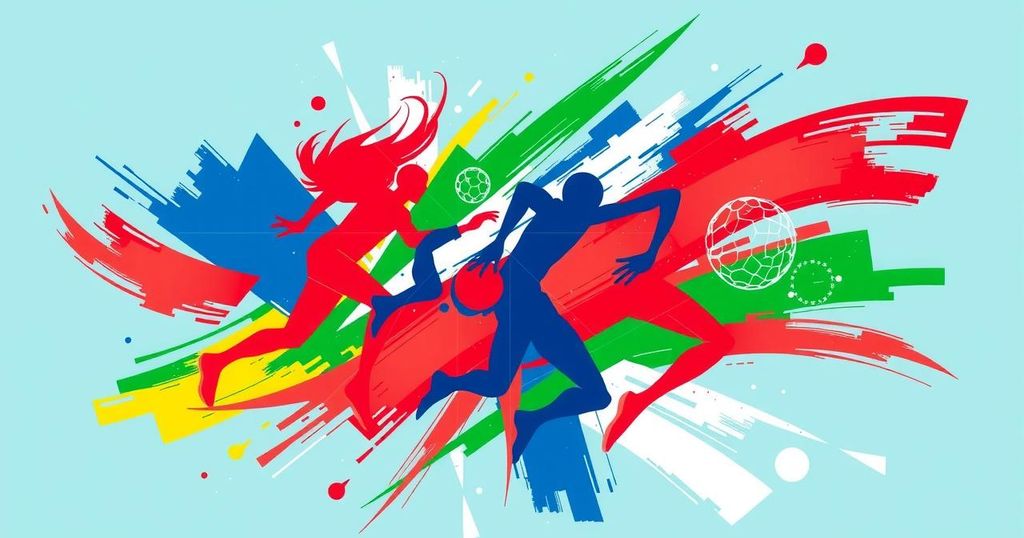economics
Politics
AFRICA, COMMITTEE, COVENTRY, DEMOCRACY, ECONOMICS, EUROPE, EUROPE/ASIA, GERMANY, GOVERNANCE, I. O. C, INTERNATIONAL, INTERNATIONAL OLYMPIC COMMITTEE, KI, KIRSTY COVENTRY, LEADERSHIP, LOS ANGELES, NORTH AMERICA, PIERRE DE COUBERTIN, RUSSIA, THOMAS BACH, TIMES, UNITED STATES, ZIMBABWE
Leila Ramsay
0 Comments
Kirsty Coventry Elected as President of the International Olympic Committee
Kirsty Coventry has been elected as the first female and African President of the I.O.C., becoming the youngest president in the organization’s history. Her election, concluded in the first round, signals an exciting new era for the Olympic movement, with immediate challenges such as managing the upcoming Olympics in Los Angeles, addressing transgender athletes’ rights, and confronting climate issues ahead.
Kirsty Coventry has been elected as the 10th President of the International Olympic Committee (I.O.C.), marking a historic moment as she becomes both the first woman and the first African to occupy this prestigious role. At the age of 41, Ms. Coventry stands out not only as the youngest president since the organization’s co-founder but also for holding seven of Zimbabwe’s eight Olympic medals, highlighting her impressive swimming career.
The election concluded unexpectedly in the first round of secret voting, illustrating the excitement surrounding her candidacy among the eclectic I.O.C. membership, which includes sports officials, royalty, business leaders, and even celebrities. With this significant victory, Ms. Coventry ascends to the forefront of global sports leadership, where she is tasked with managing an institution responsible for organizing high-profile events that generate billions and attract political attention.
The role of I.O.C. president is fraught with challenges, especially as she steps into the shoes of Thomas Bach, who faced numerous crises during his 12-year tenure, including revelations of a state-sponsored doping program in Russia and the disruptions caused by the COVID-19 pandemic. As Coventry prepares for her leadership, urgent matters await her attention, notably the upcoming 2028 Summer Olympics in Los Angeles, the rights of transgender athletes, and addressing the repercussions of the climate crisis.
Kirsty Coventry’s election as the I.O.C. President marks a significant breakthrough in sports leadership with her unique position as the first female and African president. Facing immediate challenges, including the rights of transgender athletes and climate crisis strategies, she steps into a role characterized by financial and diplomatic complexities. Her leadership comes at a critical time as the global sports community prepares for the 2028 Olympics and continues to navigate the legacy of her predecessor’s tumultuous presidency.
Original Source: www.nytimes.com




Post Comment